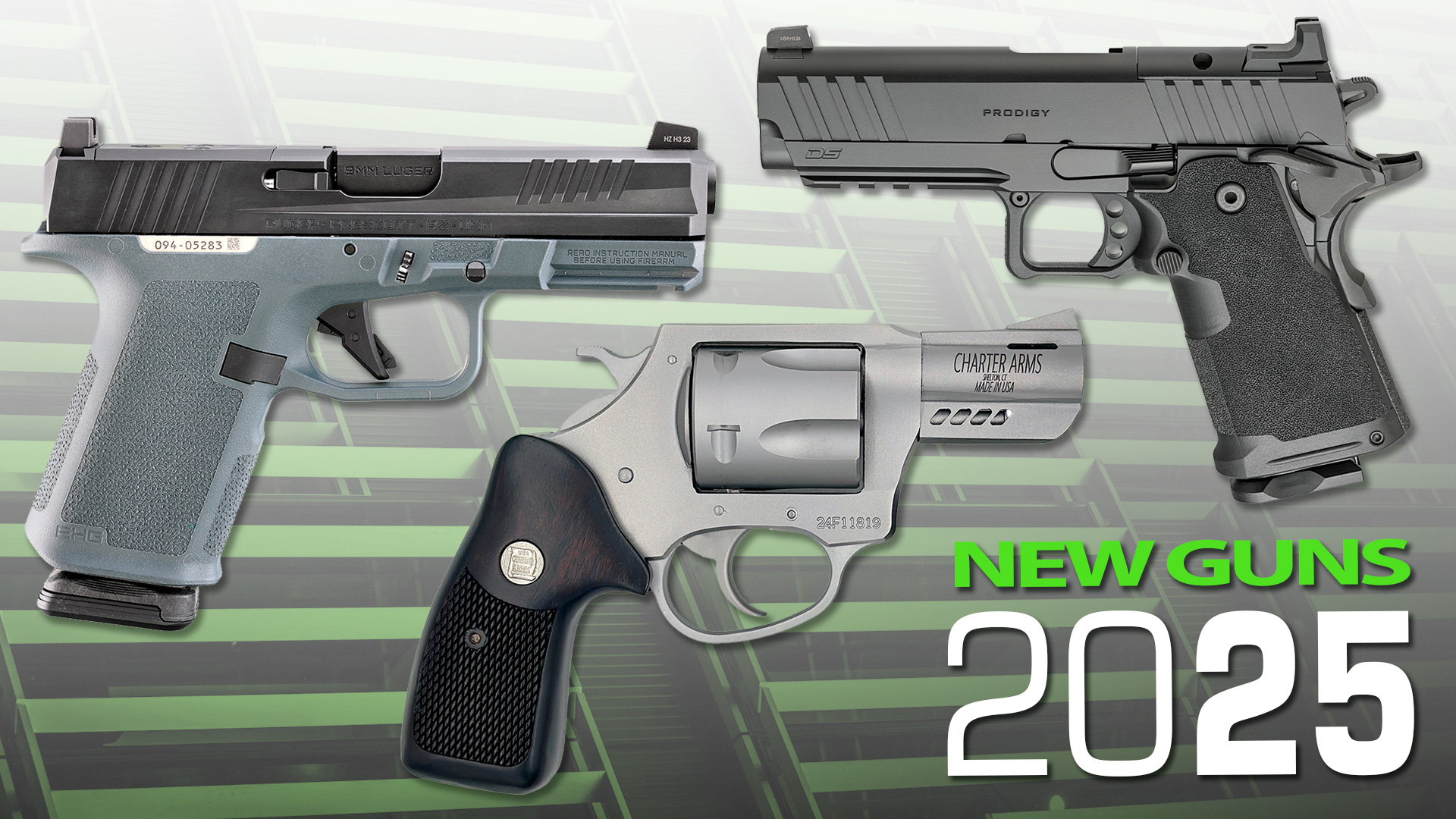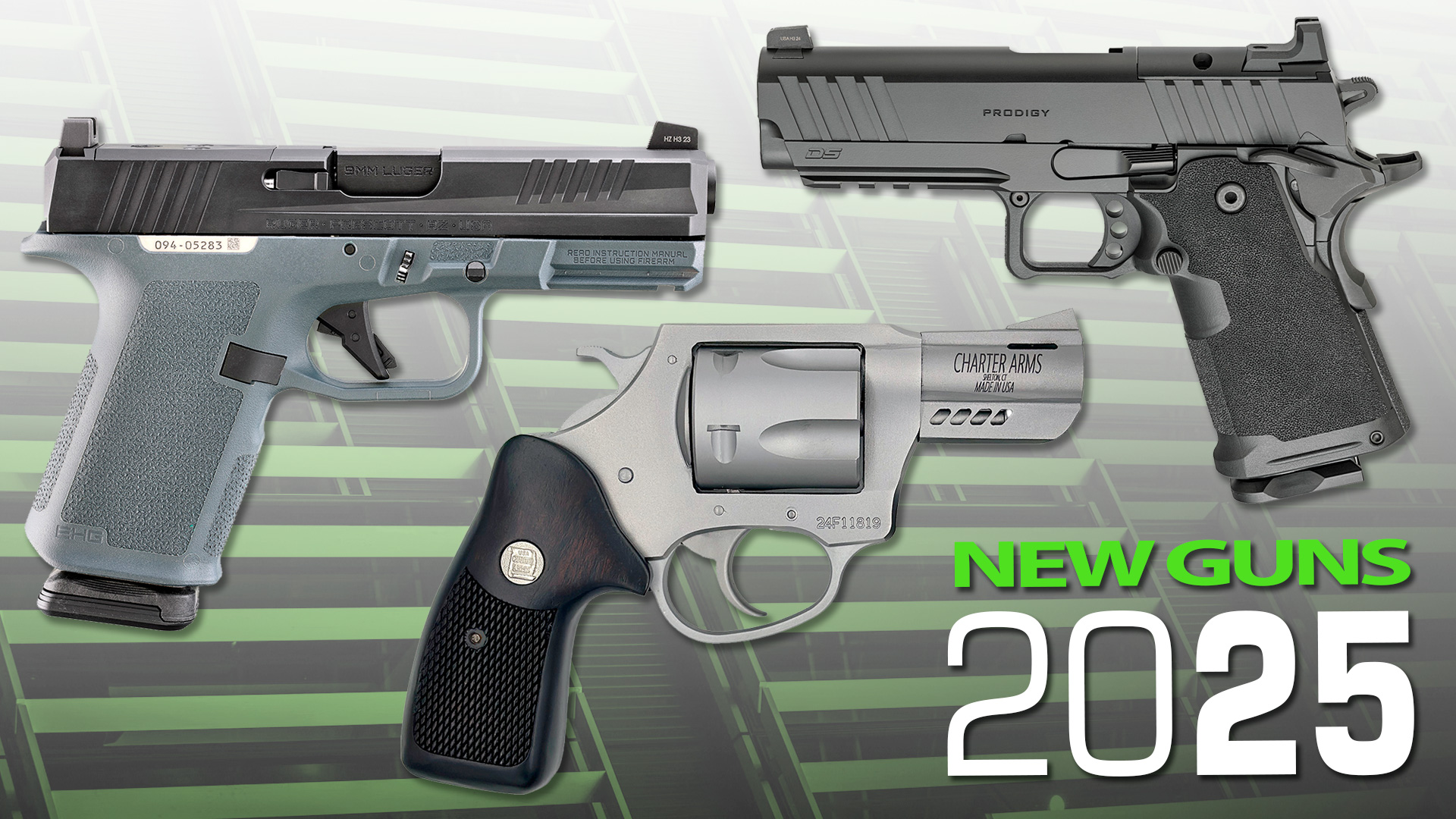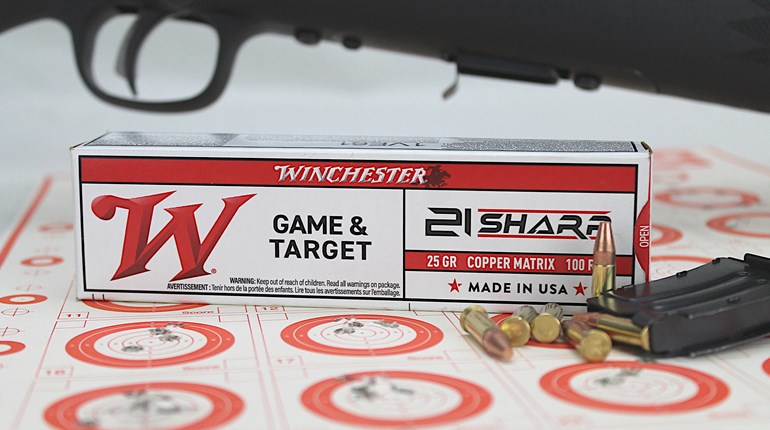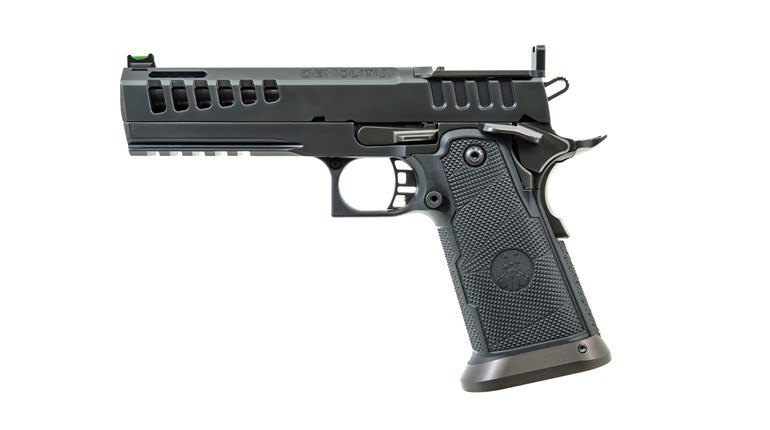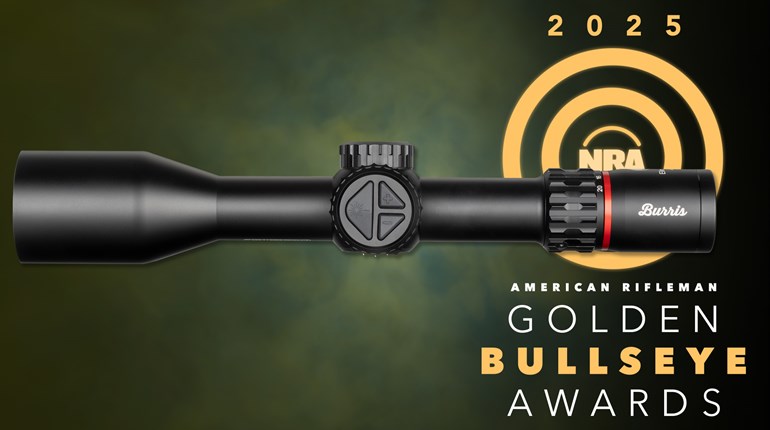
There was a time I couldn't go to a gunshop or gun show without receiving self-defense advice from self-appointed authorities (their expertise notwithstanding). What I was often subjected to were self-propogating urban myths—totally unworkable for someone with my physical disability. I'm far from alone in this well-intentioned plight, and can't help but worry about the number of disabled people who gave up in frustration, instead of realizing they too can address their unique self-defense needs.
I've spent years learning what works, and what doesn't, from crutches and my wheelchair. Why is taking command of my own safety such a priority?
While some assume violent attacks on the disabled are relatively rare, my first installment in this series paints a vastly different picture. If a family member or friend is disabled in any way, take a close look at the numbers and share them with that loved one. Criminals deliberately target those with disabilities at an alarming rate.
What can be done? Increasing awareness is step one, many times allowing someone to avoid a potentially dangerous situation. For a disabled person, often struggling to get in or out of a wheelchair or waiting for a lift to deploy, even this simple step can be a real challenge. My second installment metaphorically illustrates society's willingness to rely on law enforcement for protection that may arrive too late, and how the disabled can increase their chances of survival by refusing to become sheep.
My crutches and wheelchair may preclude me from quickly avoiding danger, but by adopting a self-defense mindset that physical disadvantage is often negated.
Next to my intense desire for "Star Trek" transporter technology to avoid TSA-oriented travel hassles, I've always been intrigued by the concept of being able to peer into the future and the vital knowledge it could bring. From gaining insight as to what material to pay particular attention to when studying for exams, to the outcomes of board meetings, such an ability is something we all could enjoy. Thankfully the fourth installment discusses how to hone your awareness into a defense-oriented crystal ball that will help you avoid potentially dangerous situations—or be ready to respond accordingly.
Many people think selecting a handgun for self-defense is primarily dictated by budget or desired features. However, someone with cerebral palsy will have different needs compared to someone with osteogenesis imperfecta. Here are some considerations when purchasing a handgun for protection.
No matter if you're lounging poolside with your latest issue of Shooting Illustrated, out for dinner and a movie or helping your children with homework, danger can strike without warning. Will you be able to get your firearm and deploy it in time? The "Always Gun" plays a vital role in anyone's self-defense plan, more so for the physically disabled.
Every disabled person who decides to carry for self-defense is in a unique situation—their disability is never the same as another's, their experience with firearms varies, etc.—so blanket statements and urban myths are dangerous, perhaps even life threatening when you consider how we're disproportionately targeted by criminals. So weigh your situation carefully as you read the stories and keep an eye out for the next installment in the series—key considerations when selecting a holster for daily concealed carry.


